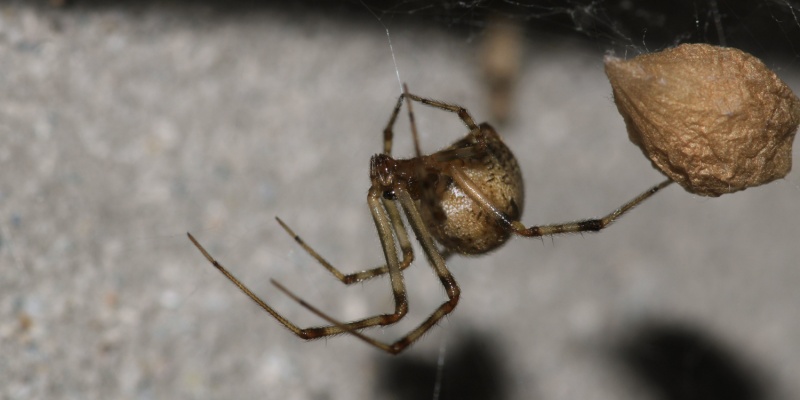Seeing a spider in your home can be unsettling, but is it a cause for concern? This blog will help you understand when to worry about spiders, how to identify potential infestations, and steps you can take to manage and prevent spider problems in your home.
Understanding Spiders in the Home
Spiders are common household pests that can be both beneficial and a nuisance. They help control other insect populations by preying on pests like flies, mosquitoes, and moths. However, not all spiders are harmless, and some can pose risks to humans.
When to Worry About Spiders
Seeing one spider in your home is usually not a cause for alarm. Spiders often wander indoors accidentally or in search of food. However, there are certain situations where you should be more concerned:
- Multiple Spiders: If you notice several spiders, especially of the same type, it could indicate an infestation.
- Spider Webs: The presence of multiple webs in different areas of your home suggests active spider populations.
- Venomous Spiders: If you see spiders that you suspect to be venomous, such as brown recluses or black widows, it’s important to take immediate action.
Common Spiders in Homes
In most homes, you will encounter a few common types of spiders:
- House Spiders: These are typically harmless and prefer to stay hidden in corners and dark areas.
- Wolf Spiders: Larger and more robust, wolf spiders are often found in basements and garages. They are not aggressive but can be intimidating.
- Cellar Spiders: Also known as daddy longlegs, these spiders are often found in basements and crawl spaces. They are harmless to humans.
Identifying a Spider Infestation
To determine if you have a spider infestation, look for the following signs:
- Frequent Sightings: Regularly seeing spiders in different parts of your home.
- Web Accumulation: Finding numerous webs in corners, window frames, and other undisturbed areas.
- Egg Sacs: Spider egg sacs look like small, white, silk-wrapped balls and can contain hundreds of spiderlings.
Steps to Manage and Prevent Spiders
- Clean Regularly
- Remove Webs: Use a vacuum or broom to remove spider webs and egg sacs.
- Declutter: Reduce clutter in basements, attics, and storage areas where spiders like to hide.
- Regular Dusting: Dust and vacuum regularly to remove spiders and their prey.
- Seal Entry Points
- Inspect and Repair: Check for cracks and gaps around windows, doors, and foundations. Seal any openings to prevent spiders from entering.
- Install Screens: Use screens on windows and doors to keep spiders and other insects out.
- Outdoor Maintenance
- Yard Clean-Up: Keep your yard free of debris, leaf litter, and wood piles, which can attract spiders.
- Lighting: Reduce outdoor lighting near entrances, as lights attract insects, which in turn attract spiders.
- Natural Repellents
- Essential Oils: Use essential oils like peppermint, eucalyptus, or lavender. Mix with water and spray in areas where spiders are commonly found.
- Vinegar: A solution of vinegar and water can be sprayed around windowsills and door frames to repel spiders.
- Professional Pest Control
- Hire Experts: If you have a severe spider problem or suspect venomous spiders, it’s best to hire a professional pest control service. They can provide targeted treatments to eliminate spiders and prevent future infestations.
While seeing one spider in your home is usually not a cause for concern, multiple spiders or signs of an infestation should be addressed. Regular cleaning, sealing entry points, and using natural repellents can help manage and prevent spider problems. For severe infestations or venomous spiders, professional pest control services are recommended. By taking proactive measures, you can keep your home spider-free and ensure a safe environment for your family.

